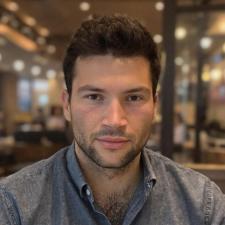
Laura B. answered • 03/23/21
APA and MLA citation instruction and all forms of research
It's not the length that counts! It's the definition of a complete sentence that counts. If you know that a sentence includes a subject and a type of verb you have a sentence. If you understand that a sentence contains a complete thought you have a sentence. For instance, the sentence "birds sing" is a complete sentence. It has a subject and a verb, which can be either an intransitive or transitive verb. It is also a complete thought. The subject can be any word, any part of speech that acts as the subject. It's a matter of style. Famous authors who are known for their excellence in writing may use long sentences. For example, Scott Fitzgerald, you know- the Great Gatsby author, wrote, “Its vanished trees, the trees that had made way for Gatsby’s house, had once pandered in whispers to the last and greatest of all human dreams; for a transitory enchanted moment man must have held his breath in the presence of this continent, compelled into an aesthetic contemplation he neither understood nor desired, face to face for the last time in history with something commensurate to his capacity for wonder.” Too long-absolutely, too complex, yes, too confusing, yep, but it worked for him and the rest of the world. Can you find the subject and the verb?
However, I wouldn’t try this in class. You might get a response like, “too long, a run-on.” Or you might get a “too wordy,” Not really sure what that means. Then there are award winning authors who write very short sentences. Hemingway wrote with simple genius. Perhaps his finest demonstration of short sentence prowess was when he was challenged to tell an entire story in only 6 words: “For sale: baby shoes, never worn.” Take a look at different types of sentences just for the fun of it!
After all, sometimes any sentence is just a sentence.





